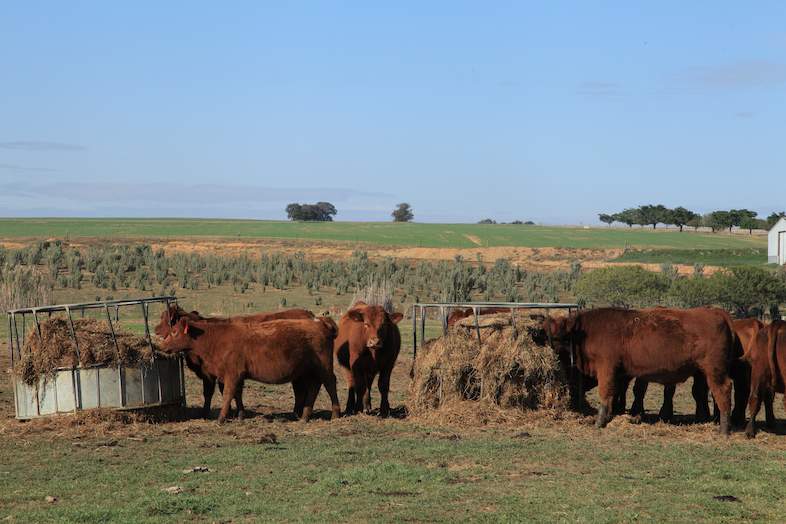The CEO of Southern African AFGRI Initiative, Francois Rossouw, said the lack of access to various animal vaccines is making criminals out of farmers as it is becoming increasingly difficult for farmers to ensure livestock health at marketplaces.
His statement is in response to Onderstepoort Biological Products (OBP) not supplying farmers with vaccines for their livestock and other domesticated farm animals. This lack of supply is causing a significant animal health problem in the country, and according to Rossouw, so far we have been fortunate not to have had a major outbreak of animal-related diseases.
“I had a case last Friday where a farmer went to auction, and he had to tick off this box that said yes, I did everything in my power to ensure my animals’ health. He phoned me, and he said, I cannot tick this box because I cannot get access to vaccines. Part of the requirement in that tick box exercise is that I vaccinate my animals to ensure their animal’s health. If you do not tick that box and if you do not vaccinate in most of these cases, it’s a criminal offence.”
Alternative Animal Vaccine Suppliers
OBP is a State-Owned Entity (SOE) which was established more than 100 years ago and is world-renowned for its innovation in animal vaccine development.
Reports suggest the inability to supply the vaccines needed to ensure farmers correctly inoculate animals stems from, as with many SOEs, “political interference, lack of expertise and outdated technologies“.
Like many failing SOEs, OBP cannot escape the conversation of privatisation. Rossouw believes South African farmers do not need OBP for their vaccines when there are world-class laboratories in the private sector. Labs which are more reliable and capable of producing the vaccines on time.
“We do not need OBP, and we do have excellent world-class private laboratories that can provide these vaccines. Unfortunately, we have Act 36 of 1947, which requires that the Registrar gives approval for any new vaccines, and in the case of some of these vaccines, they have been lying on the desk of the Registrar for 20 to 48 months … We do not have the will from the government side, from the minister side or from the OBP side to assist the farmers. We hope this will change, but unfortunately, then the crisis will be too far down the road.”
SMread| Tackling township misconceptions about Islam in Emdeni
Can Vaccines be Imported from Other Countries?
The short answer is yes. However, Rossouw is wary of vaccines from other countries as they are not made to protect animals against South African diseases. Though they may be the same in name, their genetic makeup may differ.
Moreover, to import registered animal vaccines, individuals must obtain a veterinary import permit from the Directorate: Animal Health. Individuals will need to get two passes to import unregistered vaccines for trial. One from the Registrar of Act 36 of 1947 and the other from the Directorate.
Rossouw said getting approval to utilise newly developed vaccines from the Registrar can be daunting as the process can take well over three years. However, emergency plans are in place to accelerate this process in case of an outbreak.
“We have great private companies that want to provide it. In fact, they have already made the vaccines that are in storage. They just cannot sell it because they cannot get approval from the Registrar. We do have something in the act that allows for emergency registration. We’ve done it before with other diseases … For this season on bluetongue vaccine alone, we are going to need about 10 million doses [and] I do not think that OBP will be able to provide it.”
